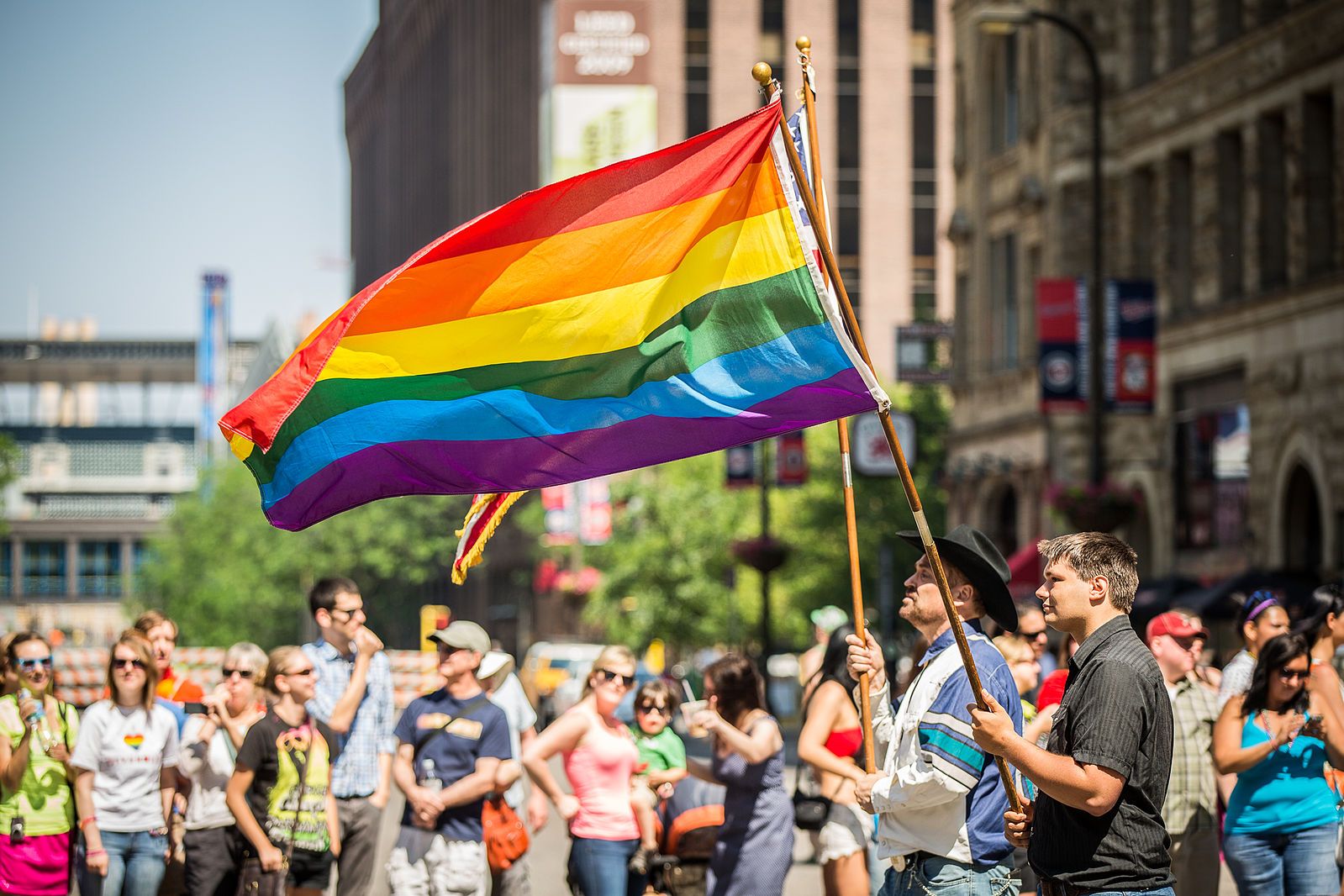The Supreme Court's decision in 303 Creative v. Elenis, ruling for Lorie Smith, a Christian website designer who was afraid she'd be forced to serve a same-sex couple even though no such couples asked her to, ostensibly is just about compelled speech, and not a general broadside against all antidiscrimination law.
But that won't be the end of it, warned Emory University law professor Timothy Holbrook in an opinion piece for CNN. This ruling, authored by Trump-appointed Justice Neil Gorsuch, is just the beginning — and it could encourage "widespread" discrimination against LGBTQ people.
"Although many view 303 Creative LLC v. Elenis as a religious freedom case, it is far broader," wrote Holbrook. "Smith’s objections to same-sex marriage are religiously based, but that is irrelevant to the decision because her claim was based on free speech. That means her objections, or anyone else’s, could be for any reason, including outright prejudice. As such, this decision opens the door to the erosion of anti-discrimination laws of all sorts."
This, he noted, was a main concern of Justice Sonia Sotomayor in her dissent, where she wrote the decision “threatens to balkanize the market and to allow the exclusion of other groups from many services.”
"This decision now opens the door for businesses to frame their activities as expressive to be exempt from state and potentially federal non-discrimination laws," wrote Holbrook. Some businesses, like burger restaurants, clearly wouldn't have a case under this precedent — "But what about a catering company, for instance? Could they refuse to cater a same-sex wedding, or an interracial marriage, because doing so would compel speech from them? Are there expressive choices and messages in the food they create? That may not seem like speech to many, but this Supreme Court has taken a broad perspective on what qualifies as speech. Acts and symbols, such as flag burning, the wearing of arm bands, parades, topless dancing, donations to political campaigns, and, in this case, designing a webpage, can constitute protected speech. Minimally, the court has, with this case, opened the door to this strategy for businesses to discriminate on any basis, including race."
This case has further come under fire for the dubious way it handled standing, given that Smith wasn't even being forced to design a website in the first place, and a man her legal team cited as a potential same-sex wedding customer turned out to be straight and married.
"In 303 Creative, it was LGBTQ people. Who might be next? Racial groups? Religious minorities? People with disabilities?" Holbrook concluded. "Only time will tell if the decision opens the door to discrimination against other disfavored groups."
Leave a Comment
Related Post
